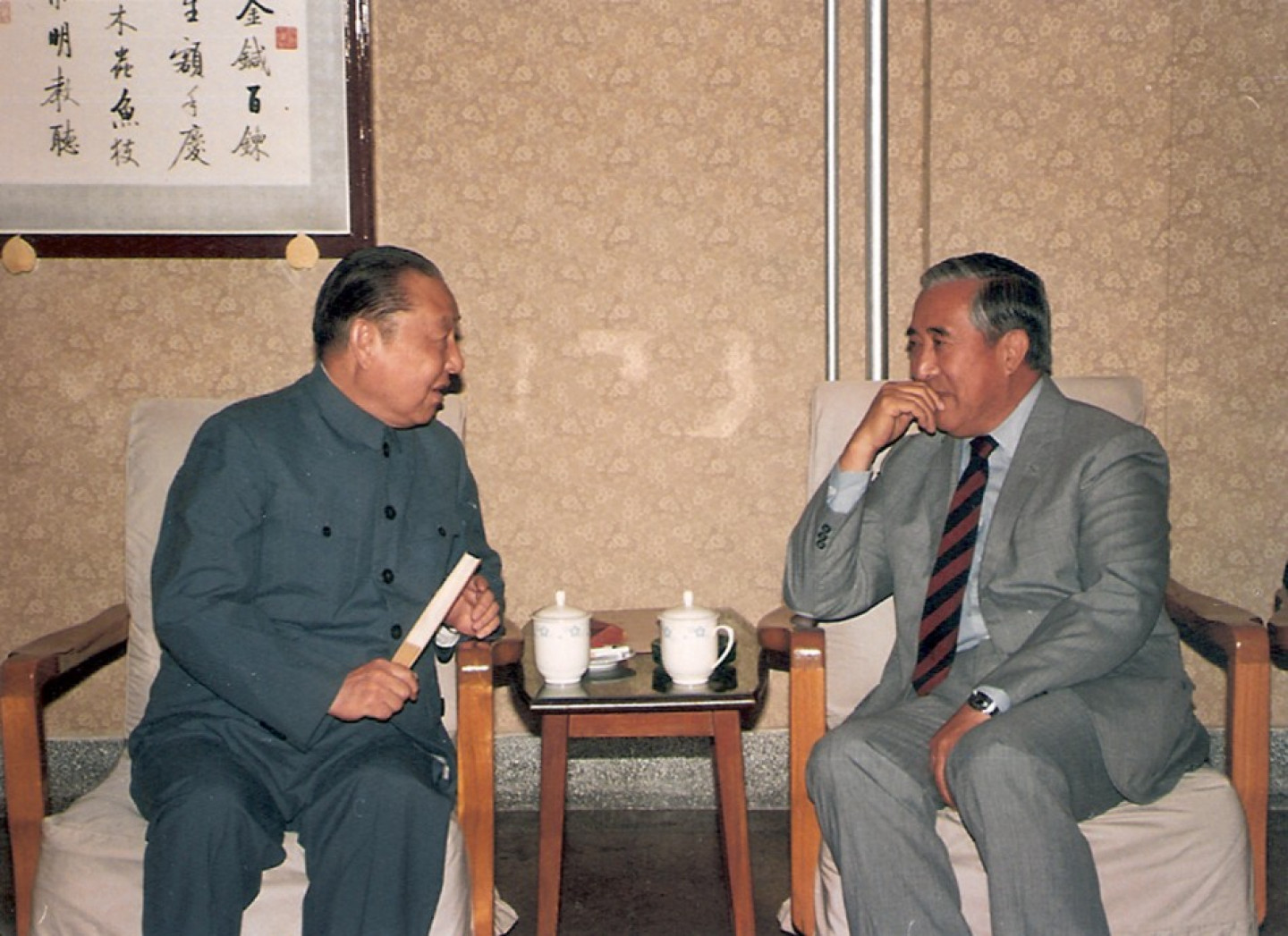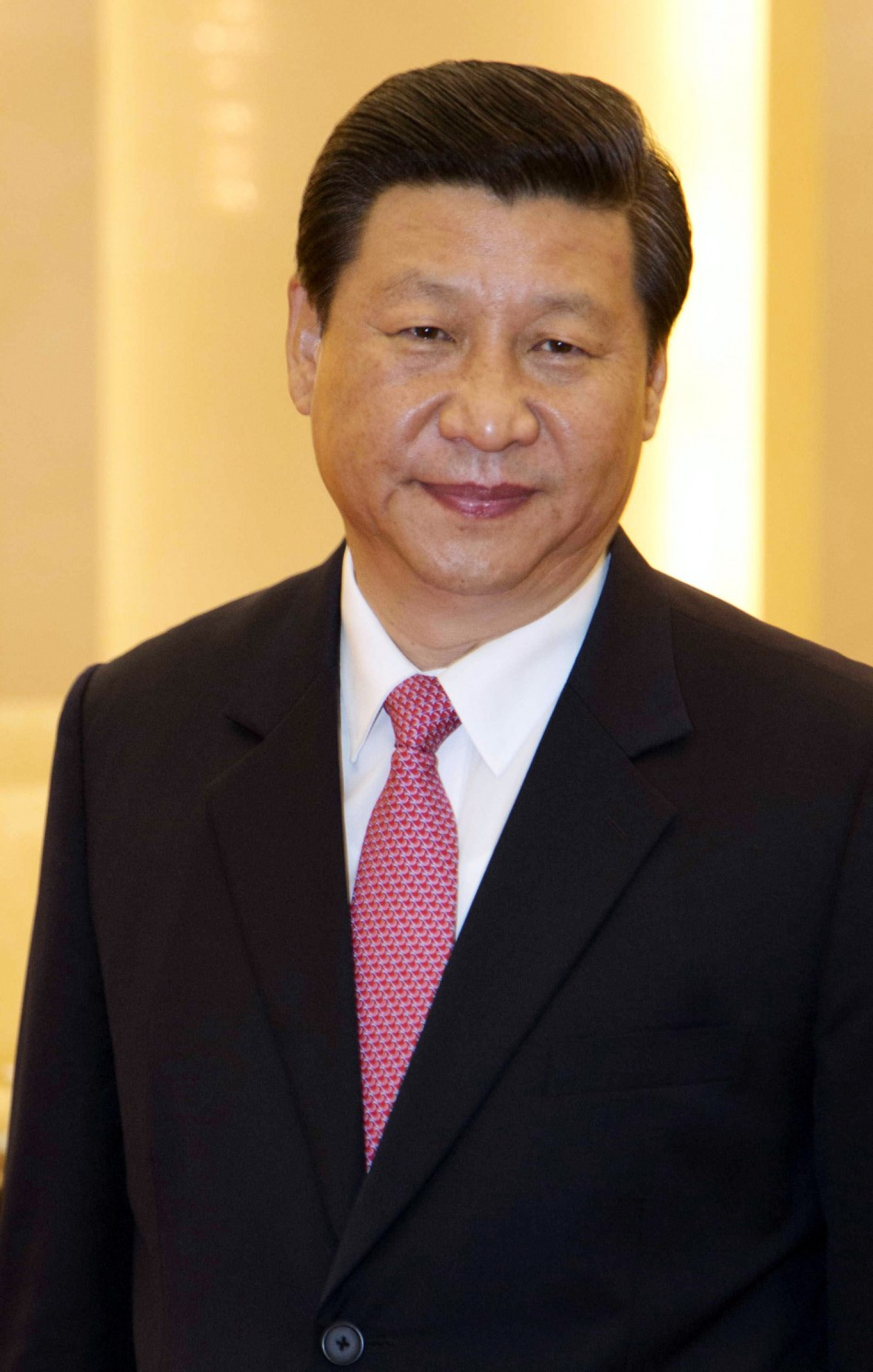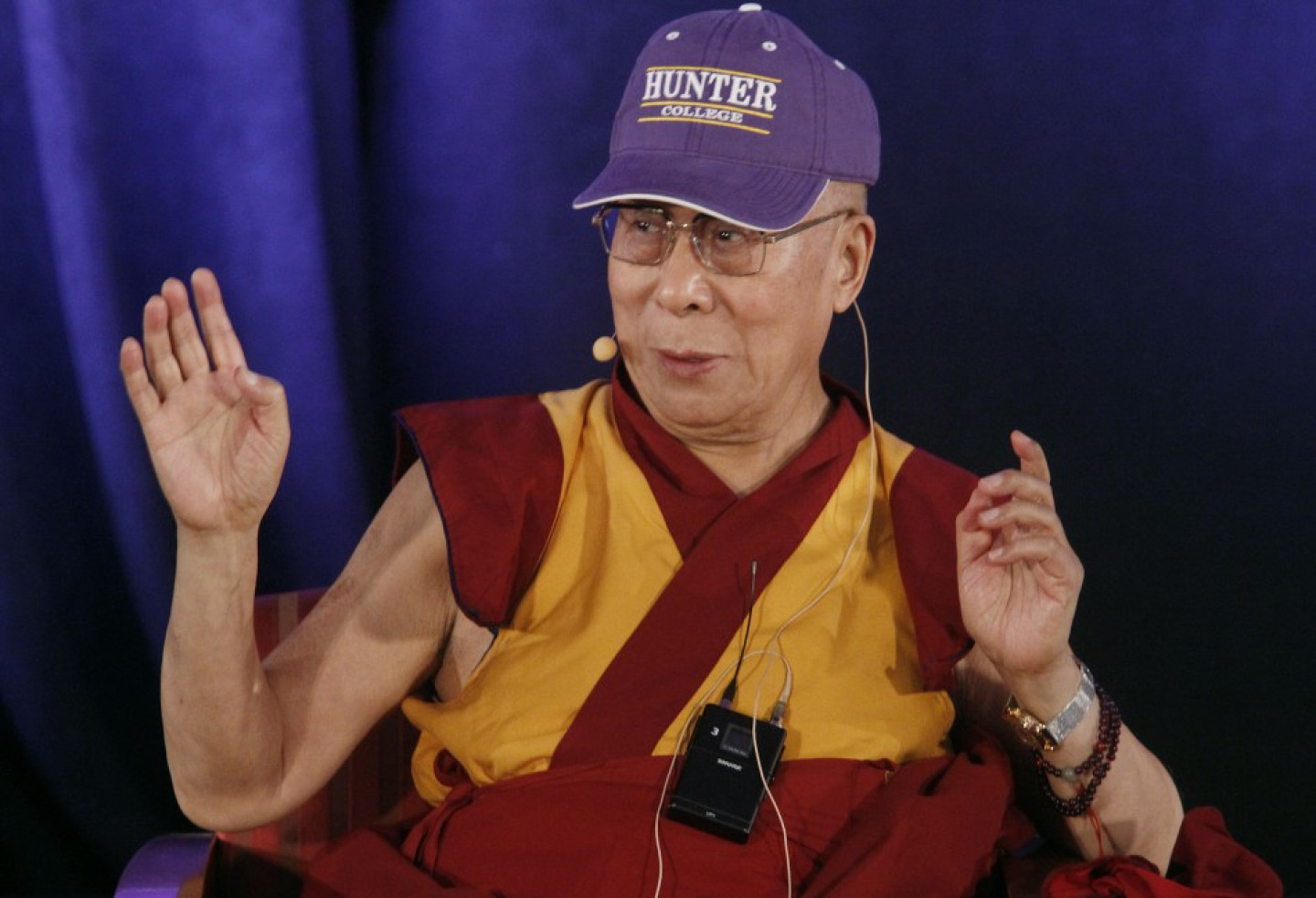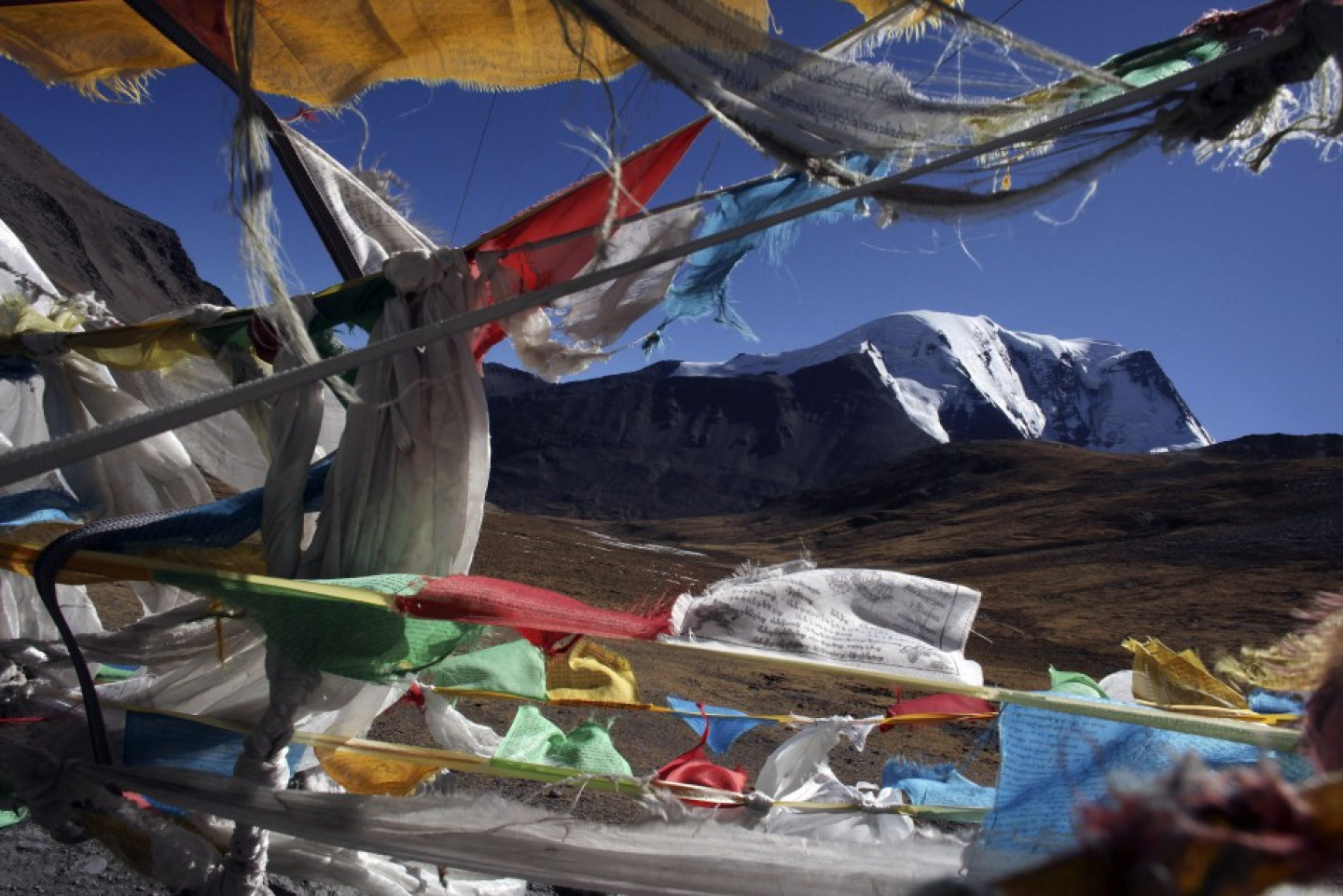China's New Leaders: Will Tibet be Xi Jinping's Toughest Challenge?
IBTimes UK asks Tibetan activists and academics how they think Xi Jinping will deal with China's decades-old challenge - Tibet

An uncomfortable legacy: Xi's father
Many wonder why Xi Jinping, the man designated as China's next president, is unusually guarded about his image and background - even by the standards of a Chinese politician.
A sketchy biography by the official news agency Xinhua offers no clues, for instance, about the larger-than-life figure of Xi's father, Xi Zhongxun, who died in 2002.
A visionary, liberal-minded vice-premier after the 1949 revolution, the late Xi was one of Mao's most-trusted lieutenants - and also one of its most high-profile victims.
When Jinping was nine, his father fell victim to the Cultural Revolution and was purged from the party for supporting the publication of a book deemed critical of Mao.
Six years later, Xi was dispatched to one of China's poorest provinces, Shaanxi, where he spent the next 16 years. His family was sent to northwest China, where the future China leader laboured alongside peasants.
Xi Zhongxun re-emerged in the 1980s during China's opening-up to the world to develop some of the country's boldest and most liberal reforms.
While in charge of northwestern China in the early 1950s, the elder Xi was renowned for resisting pressure to crush an early uprising by Tibetans. He had close ties with the Dalai Lama, who once gave him an expensive watch which he carried on wearing for years.
The Dalai Lama said that the elder Xi was "very friendly, comparatively more open-minded, very nice". Many Tibetan activists still recall Xi Zhongxun as a legendary, visionary man.
"I remember reading about him because he was a visionary and was known to resolve conflicts with Mongolians and Tibetans without military force, without many incidents," Pema Dolma, executive director of the Students for Tibet UK, told IBTimes UK.
The Tibetan challenge

Tibetan activists and academics are still debating whether his son, 58-year-old Xi Jinping, who will be nominated China's president, 100 years after the republic was founded with a grand ceremony at the Great Hall of the People, will pursue a reformist agenda on Tibet.
In recent weeks, eleven Tibetans burned themselves to death - bringing the total of self-immolations to more than 60 since March 2011. An increasing number of farmers, herdsmen and students, increasingly angered by China's iron-fist, have rallied around the Buddhist monks and former clerics who have been calling for the return of the Dalai Lama. He fled Lhasa for India in 1959 after a failed uprising against Communist-rule and has lived in exile ever since.
For some activists, he is not someone that Xi Jinping will be able to avoid.
"It is obvious that Tibet will be Xi's hardest challenge," Tenzin 'Tendor' Dorjee, a leading figure in Students for a Free Tibet, told IBTimes UK. "The fact that he is ascending to power at a time when nearly 60 Tibetans have set themselves on fire is something that he will not be able to ignore."
The central question, he said, was what kind of leader Xi wants to be.
Many observers agree it cannot be assumed that Xi will adopt a more tolerant policy towards Tibet just because he knew the Dalai Lama.
"While Xi Jinping's father knew the Dalai Lama and was close to the Panchen Lama, he remained a loyal Han chauvinist and someone who believed Tibet to be part of China," Kyinzom Dhongdue, of the Australia Tibet Council, said. "Any Chinese leader could be more open-minded than others on domestic issues. When it comes to Tibet, he is nationalistic and hardline."
But a failure to address the Tibet issue will pose a greater challenge to China's next president, according to Dhongdue. "Tibet is a country in crisis, devastated by four generations of colonial exploitation but possessing a population whose determination to resist China's rule is undiminished since the day of invasion over 60 years ago," he said.
China's favouritism on Tibet?

Some academics disagree. It is unlikely that any Chinese politician would risk their position over Tibet, they said.
"The first generation of communist leaders viewed Tibet as a special and having some degree of unique position within China," Tsering Shakya, leading historian and expert on Tibetan literature and modern Tibet, told IBTimes UK.
"The new generation of leaders does not see Tibet as exceptional or having a unique position in the PRC. The Tibet problem is just one of many problems and relegated to low-level officials to deal with. "
Beijing's policies in the Tibetan regions are widely seen by local Chinese as biased towards Tibetans. As one of China's ethnic minority groups, Tibetans are exempted from the one child policy; they have a special entry channels to colleges and universities in China; every graduate in the Tibetan autonomous region is granted jobs by the government; and there is nearly universal social security and free health and education.
"As far as the Chinese government is concerned, the Dalai Lama and the Tibetans in exile are no longer important," Shakya said.
According to activists, there has been a shift in Chinese perception of Tibetans. Until 2008, Dhongdue recalled, Chinese people used to think of Tibetans as backward and uncivilised and their aspirations for freedom as outrageous.
However, riots in Tibet ahead of the 2008 Beijing Olympics, and the subsequent crackdown radically changed the narrative.
"Many Chinese now think of Tibetans as different people, as people they don't necessarily like but as different nonetheless. And that's an important step, that Chinese now see us as the 'other'," Dhongdue said.
Surprisingly maybe, the difficulty comes with Chinese people abroad. "I've met a wide range of different kind of reaction," said Dolma Fielitz. "In the UK there are thousands of Chinese students who are very patriotic and hang out only with other Chinese. With them it is really difficult.
"I've always thought: 'we're young, we're alike'," she continued. "But they are brainwashed by the regime, they are very nationalistic and get benefits from the government to study here."
Activists and academics do not deny that China has brought great development to the Tibetan regions. But they are divided over whether those developments benefit ordinary Tibetans.
"The last six decades there have been tremendous improvemenst in living standard and all social indices indicate marked improvement," said Shakya. "The Tibetans enjoy a much better standard of living than most people in poor, rural China."
Exploiting Tibet

Many activists claim that Beijing has used Tibet merely as a resource to exploit its immense natural and mineral reserves and that the much-touted developments have been based on the needs of Chinese people, not Tibetans.
"China's 'investments' have industrialised Tibetan roads, railways and bridges but these only benefit Chinese companies and the military while ordinary Tibetans are porerer than before," Tendor Dorjee said. "China has created a magnificent infrastructure of colonialism, not development, in Tibet, which they use to siphon away Tibet's natural resources."
The so-called "roof of the world" is home to the largest freshwater store outside the North and South Poles.
With more than a quarter of its land labelled as desert, China is one of the world's most arid nations. Its rivers are too polluted to provide all 1.3 billion people living there with adequate freshwater. In the face of a major energy and water crisis, the authorities are already pumping water from the South China Sea to the north. It is no mystery that Beijing has eyed Tibet for further water projects including irrigation, pipelines, drinking water, flood prevention and control, and hydropower at a total cost of $1.8bn over the next three years.
The $4bn China-Tibet railroad crosses terrain that reveals China's water dilemma: dry high plains, lakes drying up and retreating glaciers. The glaciers on the Tibetan Plateau are receding faster than in any other part of the world, according to scientists.
"There will not be a prosperous and sustainable China without solving the Tibet issue," said Pema Dolma. "China has really pushed its economic development and political repression to a limit it can't sustain.
"They're exploiting Tibet for water and mineral resources. It has nothing to do with the 'we are a big nation' narrative Chinese authorities are trying to build."
The activist - a 25-year-old from Germany with a Tibetan father and German mother - is part of a fresh, mixed generation of Tibetans who engage through social media with the wider international community supporting Tibet.
To her, Lhakar - a home-grown, self-reliant movement that expresses itself in wearing Tibetan dress and eating traditional Tibetan food every Wednesday as a form of resistance against Chinese homogenisation - goes side by side with Shapaley, a rap song, which went viral on YouTube and was subsequently banned in China. She wanted, she said, to "use the freedom I have in order to work for a free Tibet".
"The world wants to look at Tibetans as only monks and nuns and Buddhists," she said. "When they see very human reactions to oppression among Tibetans they are baffled.
"Of course our foundation is Buddhist, but we are people."
© Copyright IBTimes 2024. All rights reserved.






